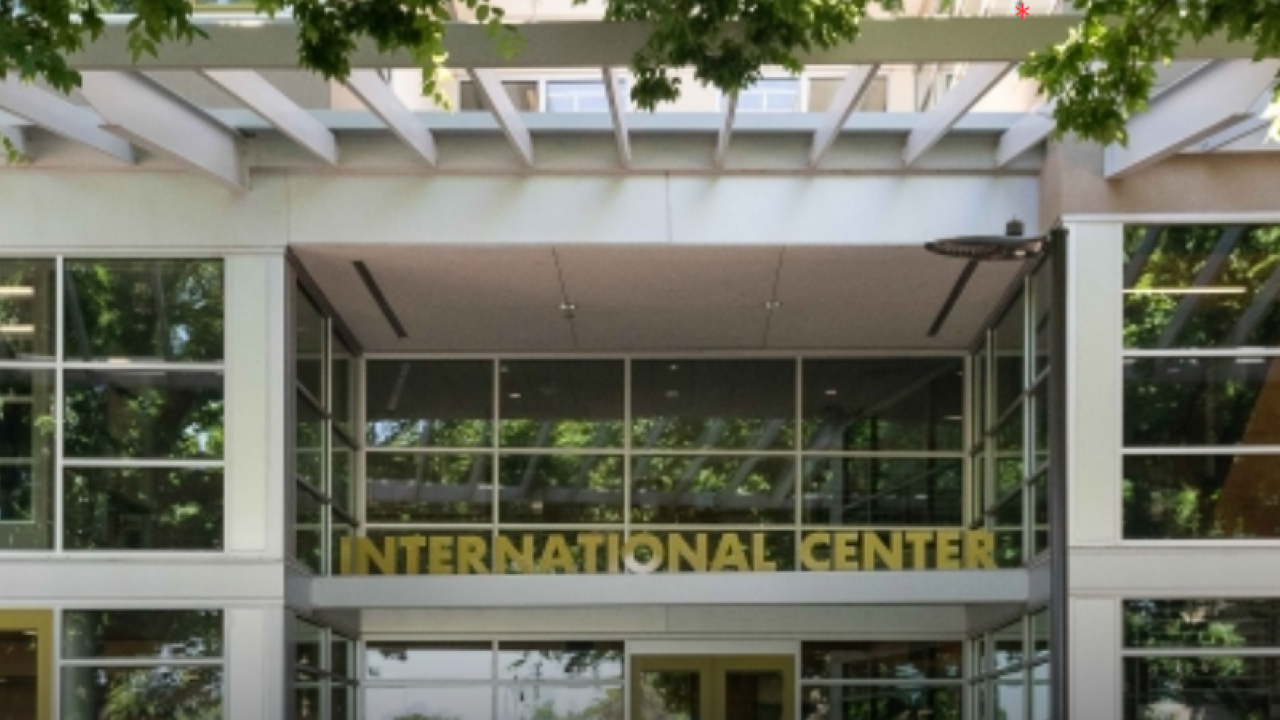
UC Davis is a ‘top producer’ of U.S. Fulbright Scholars
Seven scholars are recipients of prestigious award celebrating global perspectives
By Aarya Gupta, The California Aggie
"The Chronicle of Higher Education announced that UC Davis is a “top producer” of Fulbright U.S. Scholars for the 2019-20 academic school year.
UC Davis is ranked fifth under the “doctoral institutions” category, tied with schools like Texas A&M University at College Station, UC Berkeley, University of Michigan at Ann Arbor and Washington State University. Categories are determined by the Carnegie Classification of Institutions of Higher Education.
“Being a ‘top producer’ of Fulbright Scholars demonstrates our commitment to advancing the university’s mission through global engagements and partnerships,” said Assistant Director for the Global Professional Programs Jennie Konsella-Norene via email.
UC Davis has produced seven Fulbright U.S. Scholars for 2019-20.
These scholars include David Corina, a professor of the Department of Linguistics; Steven Fennimore, a cooperative extension specialist in the Department of Plant Sciences; Brianne Holden, a Study Abroad program coordinator and advisor through UC Davis Global Affairs; Carson Jeffres, a staff research associate from the Center for Watershed Sciences; Naomi Martisius, a research associate with the Department of Anthropology; Scott Palmer, an advisor with the Undergraduate and Prestigious Scholarships; and Richard Sayler, a graduate student with the Department of Chemistry, according to the UC Davis website.
“Fulbright is a very well known, prestigious international exchange program,” Konsella-Norene said. “Therefore receiving a Fulbright award is quite an accomplishment.”
According to the Fulbright website, the Fulbright Program was created to “increase mutual understanding between people of the United States and people of other countries.” Funding for this program comes from an appropriation made by the U.S. Congress allocated to the U.S. Department of State’s Bureau of Educational and Cultural Affairs."
Read the full story at The California Aggie.